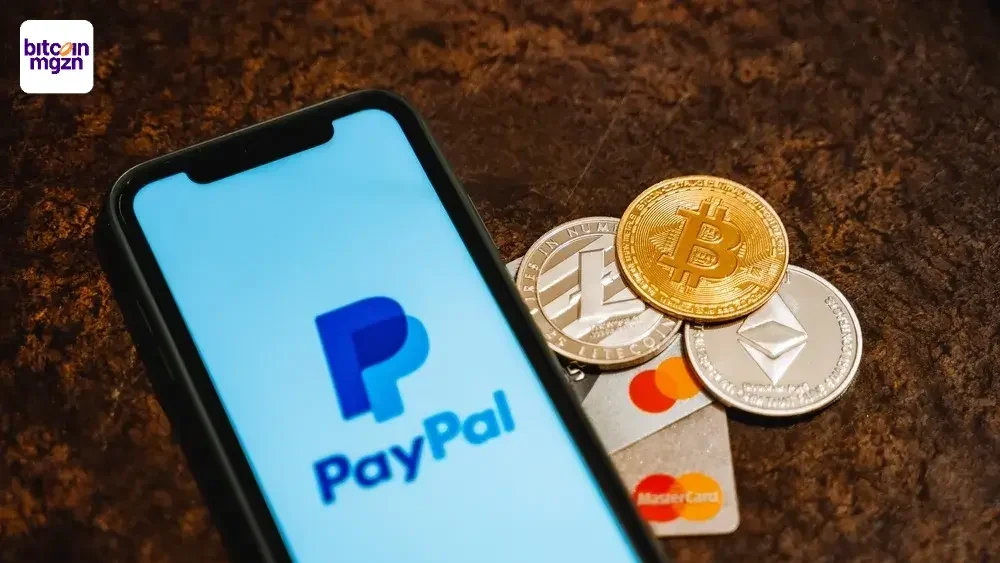The US SEC and CFTC propose that traditional financial markets be open for trading 24/7
PANews reported on September 6 that according to Decrypt, Paul Atkins, Chairman of the U.S. Securities and Exchange Commission (SEC), and Caroline Pham, Acting Chair of the U.S. Commodity Futures Trading Commission (CFTC), put forward several proposals in a joint statement to more actively support cryptocurrencies, including a proposal for a "24/7 market" in traditional financial markets, aimed at adapting the U.S. economy to the rhythm of the digital asset market.
The policy will allow stock exchanges to trade continuously online. For the 154 years since Wall Street introduced continuous trading, such markets have adhered to a strict trading schedule, operating only during specific business hours on weekdays since 1985. However, the two chairmen indicated today that the policy may need to be adjusted to keep pace with consistently active markets such as cryptocurrencies, gold, and foreign exchange.
The chairmen also proposed relaxing the rights of "innovators" to list event contracts on prediction markets and allowing perpetual derivatives contracts (common in offshore cryptocurrency markets but currently heavily restricted in the United States) to trade freely across securities and commodities exchanges. Another proposal would establish an "innovation exemption" for DeFi protocols that offer both spot cryptocurrency and perpetual derivatives contracts. The chairmen stated that these proposals are consistent with a July report released by the Trump administration directing agencies to ease many of the restrictions on cryptocurrency trading in the United States.
Vous aimerez peut-être aussi

Bubblemaps V2 goes live on Open Network

Coinbase’s Go-To AI Coding Tool Found Vulnerable to ‘CopyPasta’ Exploit
